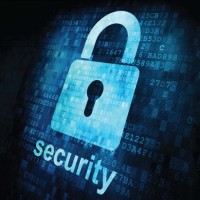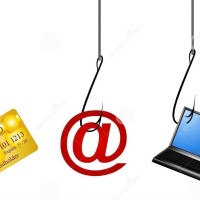Now that computers have been part of our daily lives for a couple of decades, it’s easy to take for granted that they work just the way we want them to every minute of every day.
Lightning-fast processors, broadband connections, streaming video, and real-time video capabilities make us want it all, want it fast, and want it now.
That’s what makes things so exasperating when our computers slow down. They slow down our productivity at work. They limit our entertainment options. They frustrate us when we try to catch up with family and friends.
Computers can get sluggish for a number of reasons, from the very simple to complicated matters like malware and the presence of viruses.
Fortunately, there are lots of ways to speed up what has slowed down, most of them easy to implement and coming at little or no charge.
Don’t use it? Uninstall it?
Most modern computers are overloaded with programs and apps to make sure you have the opportunity to get every ounce of fun, productivity, and innovation out of your new purchase.
But unless you’re independently wealthy and a huge computer geek, there’s no way you’re using each and every one of them. Unwanted programs can still take up a ton of memory.
If they are programs that start automatically when the computer boots up, they’ll eat at your RAM usage too. Isolate them in your control panel and uninstall them.
Delete temporary files
Regardless of the browser you use, your computer will save temporary files from the sites you visit. This is done so that when the website is visited again, your computer does not have to download every single image again; it can pull some of them from its own files.
These tiny pictures add up considerably over time, especially if you aren’t in the habit of regularly deleting them. Unchecked, they can take up hundreds of megabytes of data.
Run a disk defragmentation
Even when you delete a bunch of files or programs off your computer, there’s still a lot of unused memory. Think of it like a bag of bread. You can take slices out of the bag, but there’s still a lot of empty room in there that only vanishes if you squeeze all the air out.
Your computer’s hard drive is much the same way; the empty spots where items were stored just sit open unless you run a disk defrag. It will compress open spaces to store the same information in smaller confinements.
Invest in extra RAM
You know when your computer just freezes up? It usually comes when you’re checking email, playing Scrabble online, and listening to music. RAM is the physical memory that powers up programs and keeps them running.
When you start seeing your computer slow up when multitasking, it’s time to make a small investment in more memory. It’s cheap to buy and a snap to install.
Get a better antivirus software
Sometimes your computer isn’t slowing down for memory reasons or too much dust clogging the electronics. Sometimes it’s something intentionally dumped onto your machine that’s not only slowing your productivity, but also swiping your information.
Viruses and malware can sneak onto your computer in a host of different ways, but can be very hard to identify without proper software. Antivirus software can remove corrupted programs and quarantine any item that might be irritating your system purposely.







